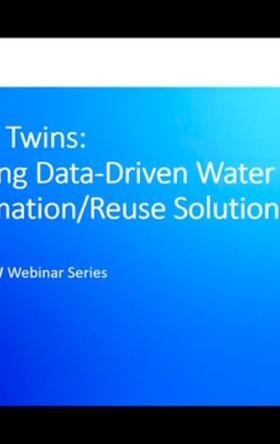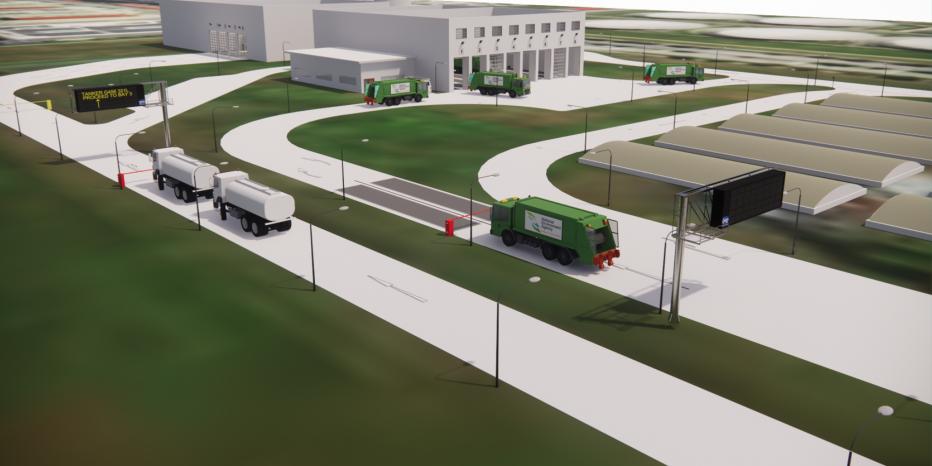
DALLAS, April 6, 2022 /PRNewswire/ -- Jacobs (NYSE:J) was appointed by PUB, Singapore's National Water Agency, to provide professional engineering services for the development of the new greasy waste (GWTF) and food waste treatment facilities (FWTF) to maximize energy and resource recovery at the Changi Water Reclamation Plant (CWRP).
To be co-located with the CWRP, the new facilities will boost Singapore's waste treatment capabilities while harnessing synergies from co-digesting greasy waste, food waste and used water sludge – a by-product of the water reclamation process – to increase biogas yield. The additional biogas can be used for electricity generation to power CWRP, thereby reducing its carbon footprint.
Jacobs will provide preliminary and detailed design and engineering services for the new GWTF, as well as site supervision during construction, testing and commissioning of the project. Jacobs will also conduct the preliminary design study for the FWTF and will review additional modification works to the existing facilities at CWRP to support the co-digestion process.
"With the addition of treatment facilities at Changi and also Tuas, Singapore's greasy waste treatment capacity is expected to double by 2025," said Jacobs Asia Pacific & Middle East Senior Vice President and General Manager Keith Lawson. "The project will meet the nation's long-term needs and help decarbonize the water treatment process. We're excited to continue our partnership with PUB in delivering forward-looking technologies that bring climate response to the forefront of the water treatment process. And in the process, we are combining our knowledge, experience and lessons learned from both CWRP and Tuas Water Reclamation Plant to deliver the best outcome on this project."
When completed, the GWTF will treat up to 12,000 cubic meters of waste a month – the equivalent of over 75,000 barrels of oil product.
"By co-locating both waste treatment facilities with CWRP, PUB will be able to reap the synergies from processing both types of waste with used water sludge. This will boost PUB's quest to enhance water sustainability and contribute to a low-carbon future," said PUB Water Reclamation (Plants) Department Director Mr. Ooi Kian Eng.
At Jacobs, we're challenging today to reinvent tomorrow by solving the world's most critical problems for thriving cities, resilient environments, mission-critical outcomes, operational advancement, scientific discovery and cutting-edge manufacturing, turning abstract ideas into realities that transform the world for good. With $14 billion in revenue and a talent force of approximately 55,000, Jacobs provides a full spectrum of professional services including consulting, technical, scientific and project delivery for the government and private sector. Visit jacobs.com and connect with Jacobs on Facebook, Instagram, LinkedIn and Twitter.
Certain statements contained in this press release constitute forward-looking statements as such term is defined in Section 27A of the Securities Act of 1933, as amended, and Section 21E of the Securities Exchange Act of 1934, as amended, and such statements are intended to be covered by the safe harbor provided by the same. Statements made in this release that are not based on historical fact are forward-looking statements. We base these forward-looking statements on management's current estimates and expectations as well as currently available competitive, financial and economic data. Forward-looking statements, however, are inherently uncertain. There are a variety of factors that could cause business results to differ materially from our forward-looking statements, including, but not limited to, the impact of the COVID-19 pandemic, including the emergence and spread of variants of COVID-19, the efficacy and availability of vaccines and treatments, and the related reaction of governments on global and regional market conditions and the company's business. For a description of some additional factors that may occur that could cause actual results to differ from our forward-looking statements, see the discussions contained under Item 1 - Business; Item 1A - Risk Factors; Item 3 - Legal Proceedings; and Item 7 - Management's Discussion and Analysis of Financial Condition and Results of Operations in our most recently filed Annual Report on Form 10-K, ,and Item 2 - Management's Discussion and Analysis of Financial Condition and Results of Operations; Item 1 - Legal Proceedings; and Item 1A - Risk Factors in our most recently filed Quarterly Report on Form 10-Q, as well as the company's other filings with the Securities and Exchange Commission. The company is not under any duty to update any of the forward-looking statements after the date of this press release to conform to actual results, except as required by applicable law.
For press/media inquiries:
Kerrie Sparks
214.583.8433
View original content to download multimedia:https://www.prnewswire.com/news-releases/jacobs-to-enhance-decarbonization-of-water-treatment-process-for-singapores-pub-301519062.html
SOURCE Jacobs
You might be interested in...
-
 Page
PageDecarbonization
Reducing emissions and reaching “net zero” on a global level has been – and will continue to be – one of the world’s largest and most pressing challenges in the coming decades.
-
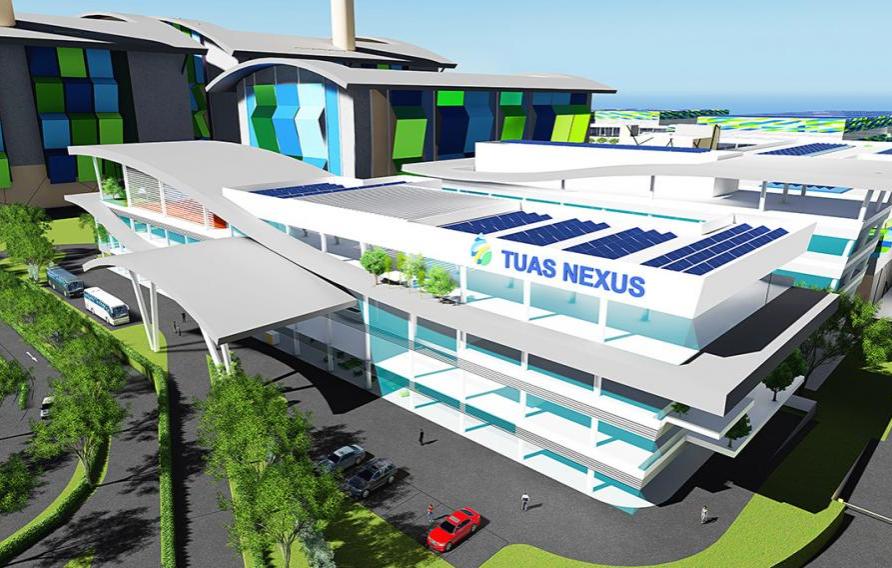
 News
NewsHow Singapore Turned its Water Woes into a NEWater Model
Water scarcity isn't a new phenomenon; historical records note water shortages dating as far back as the 1800s. And, since there’s no new water on Earth, we’re drinking the same water dinosaurs did. What if we showed you how Jacobs and Singapore’s PUB turned water scarcity into international successes with an innovative water reuse strategy?
-
 Showcase
ShowcaseMeet Emma Shen
An expert in wastewater treatment plant performance assessments and process upgrades evaluation, process modeling and energy optimization, Dr. Ruqiao (Emma) Shen leads a Jacobs team at the forefront of the global conversation about the paradigm shift toward a low-carbon, low-energy and climate-resilient water sector.
-
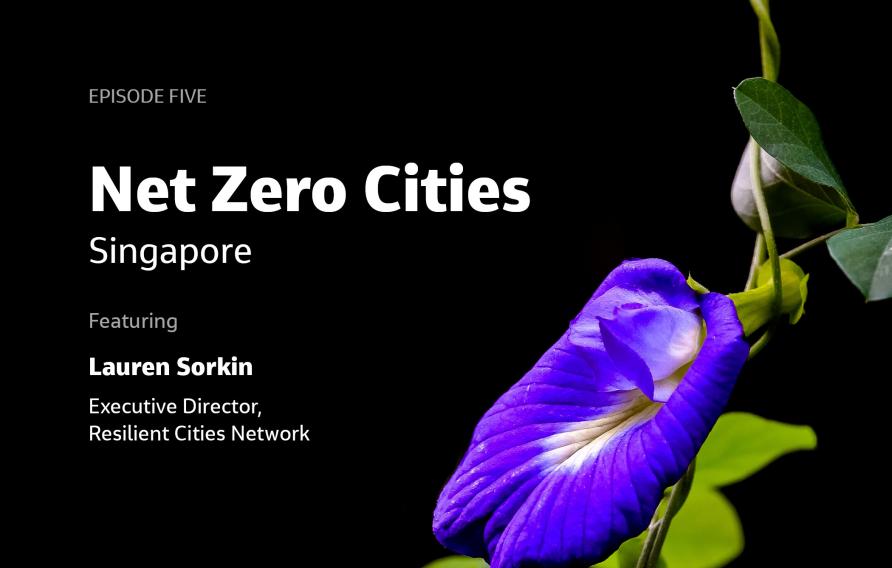 Podcasts
PodcastsSparks Episode 5: Net Zero Cities, Singapore
In this episode, we discuss the challenges in decarbonizing cities and how the city-state of Singapore is addressing this challenge head on through its “Green Plan” – a set of initiatives to advance progress on key sustainable development targets related to their energy, buildings, transport, food, waste and water industries. We’ll also explore the role of green finance in accelerating decarbonization and sustainability agenda in both Singapore and across Asia.

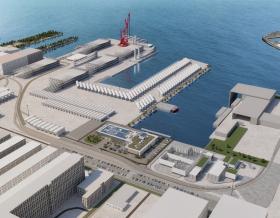
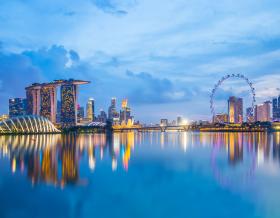


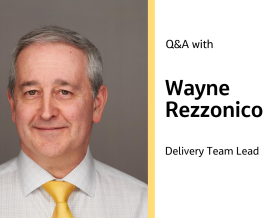



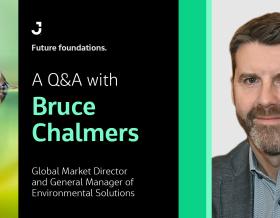

.jpg?h=c7c14dee&itok=FmPI2126)








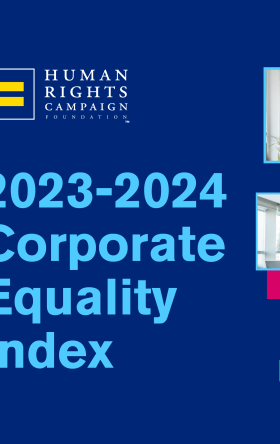

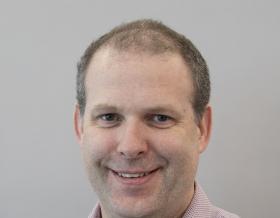







_0.jpg?h=8a6d63f3&itok=5vsqFiQH)









.png?h=1314d3d4&itok=rFs9mG95)









